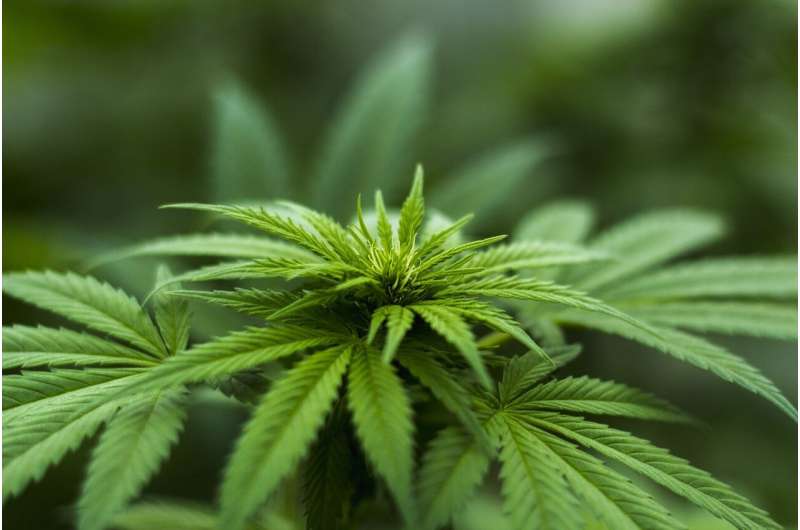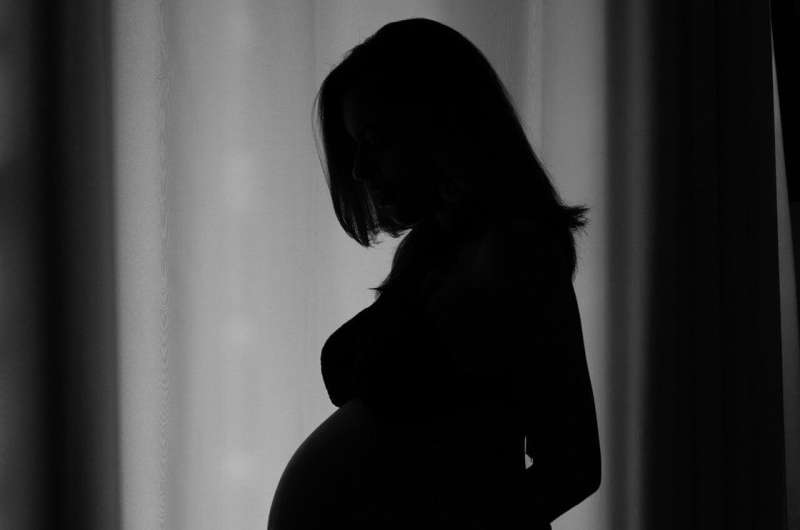Can Reducing Caffeine Intake Enhance Dream Vividness? Scientific Insights

Reducing caffeine intake can improve sleep quality and increase REM sleep, potentially leading to more vivid and memorable dreams. Discover the science behind caffeine's impact on dreaming.
Have you recently decreased your caffeine consumption and noticed that your dreams have become more vivid, detailed, or unusual? Many individuals report experiencing more intense dreams after cutting back on caffeine, but what does scientific research say about this phenomenon?
Caffeine, a well-known stimulant found in coffee, tea, energy drinks, chocolate, and some medications, primarily works by blocking adenosine receptors in the brain. Adenosine is a chemical that promotes sleep and relaxation by accumulating during waking hours. When caffeine inhibits adenosine's effects, it reduces feelings of sleepiness, helping us stay alert. However, since caffeine has a half-life of about three to six hours, it can interfere with sleep if consumed later in the day, leading to disrupted sleep patterns and reduced deep sleep stages.
Disrupted sleep, especially diminished non-REM sleep, can negatively impact overall sleep quality. Although direct scientific evidence linking caffeine reduction to more vivid dreams is limited, sleep quality and dreaming are closely connected. When individuals cut back on caffeine, they often experience improved sleep, including increased REM (rapid eye movement) sleep — the sleep phase associated with dreaming.
REM sleep is characterized by heightened brain activity, muscle relaxation, and vivid dreams. An increase in REM sleep, which may occur after reducing caffeine intake, provides more opportunities for dreams to occur and for individuals to remember them. Waking up during or shortly after REM sleep can make dreams more memorable, further amplifying the sense of vividness.
While not everyone will experience dramatic changes, and effects may only last a few days or weeks, this potential boost in REM sleep could explain reports of more intense dreams. The relationship is indirect: caffeine influences sleep patterns, and sleep patterns influence dreaming.
Timing is crucial when it comes to caffeine consumption. Since caffeine is present in various sources beyond coffee — including fizzy drinks, chocolate, and certain medications — managing its intake, especially avoiding caffeine at least eight hours before sleep, can promote better sleep quality. This strategy may not only improve overall sleep but could also lead to more vivid and memorable dreams.
In summary, although direct scientific proof connecting caffeine reduction to more vivid dreams is sparse, the existing evidence suggests that improving sleep quality by cutting back on caffeine may lead to more REM sleep and, consequently, more intense dreaming experiences. Adjusting when and how much caffeine you consume could have subtle yet meaningful effects on your sleep and dreaming life.
Source: https://medicalxpress.com/news/2025-09-caffeine-vivid-science.html
Stay Updated with Mia's Feed
Get the latest health & wellness insights delivered straight to your inbox.
Related Articles
Innovative Blood Test Offers New Hope in Detecting Esophageal Cancer
PromarkerEso is a groundbreaking blood-based test developed to accurately rule out esophageal adenocarcinoma, enabling earlier and less invasive detection and diagnosis of this deadly cancer.
Texas Legislature Approves Expansive Medical Marijuana Legislation
Texas advances a comprehensive bill to expand access to medical cannabis, including more conditions, dispensaries, and delivery methods, providing new hope for patients and veterans.
Innovative mRNA Nanoparticles Reactivate Dormant HIV in White Blood Cells
Researchers have developed potent mRNA-lipid nanoparticles capable of reactivating latent HIV in white blood cells, offering a new avenue for HIV cure strategies. This breakthrough could help eliminate hidden viral reservoirs and move closer to eradicating HIV.
Impact of Abortion Bans on Maternal Mortality and Health Risks
New research forecasts increased maternal mortality and health risks following abortion bans in the US, emphasizing ongoing disparities and healthcare challenges.



